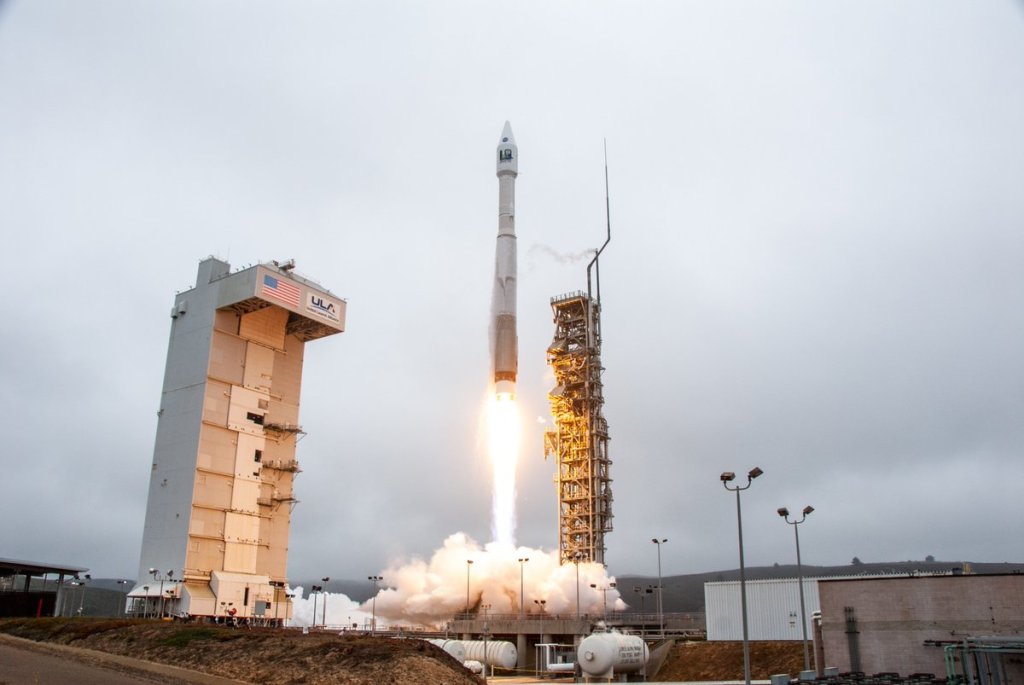Regarding the opinion piece “Oppenheimer Never Learned to Love the Bomb,” the writer raises important questions about nuclear weapons and their existence, yet he fails to acknowledge the multifaceted nature and purpose of Vandenberg Space Force Base. His emphasis on the activities of the northern portion of the Base, specifically the nuclear ICBM tests, neglects the significance of Vandenberg South Base and its focus on exploration and expanding humanity beyond Earth.
First, Vandenberg South Base plays a crucial role in space exploration, research, and satellite launches. It serves as a launch site for various space missions that contribute to scientific advancements, communication, weather monitoring, and national security. These activities are essential for the progress of human knowledge and have a profound impact on our daily lives. Ignoring this aspect of the base and only highlighting the nuclear ICBM tests creates an incomplete and misleading narrative.
Secondly, the exploration and expansion of humanity beyond Earth represents a promising future for humanity. Through efforts such as space missions, we can gain insights into our solar system and beyond, understand the universe better, and even pave the way for future colonization of other celestial bodies. This endeavor embodies the spirit of discovery and curiosity that has driven human progress throughout history. Disregarding the positive and inspiring aspects of Vandenberg South Base’s activities does a disservice to the facility’s overall mission and potential.
Furthermore, it is essential to recognize that the decision to use nuclear weapons against Japan in World War II is a historical event that should be studied and debated, but it should not overshadow the current challenges and dilemmas we face concerning nuclear weapons today. The focus on the past decision-making process should not obscure the urgent questions we need to address now:
• How can we ensure the safety and security of nuclear weapons in a world where various geopolitical tensions exist?
• How can we prevent the proliferation of nuclear weapons to unstable or hostile states?
• What measures can we take to reduce the risk of accidental or unauthorized use of nuclear weapons?
• How can we work towards nuclear disarmament while maintaining international security and stability?
These questions are critical for the present and future of humanity, and they deserve more attention in public discourse. The movie mentioned in the article may provide valuable insights into historical events, but it should not divert attention from the pressing issues of the current nuclear situation.
Lastly, while protests and activism are important tools to raise awareness and drive change, they should be based on a comprehensive understanding of the situation. Instead of singling out Vandenberg Space Force Base for its nuclear ICBM tests, it would be more constructive to promote discussions about broader issues related to nuclear weapons, disarmament, and the importance of space exploration in our future.
In conclusion, the article’s singular focus on Vandenberg Space Force Base’s nuclear activities neglects the vital contributions of the South Base to space exploration and humanity’s expansion beyond Earth. It is essential to recognize both aspects of the base’s mission and engage in a more nuanced and comprehensive discussion about nuclear weapons and their impact on global security and the future of humanity.

